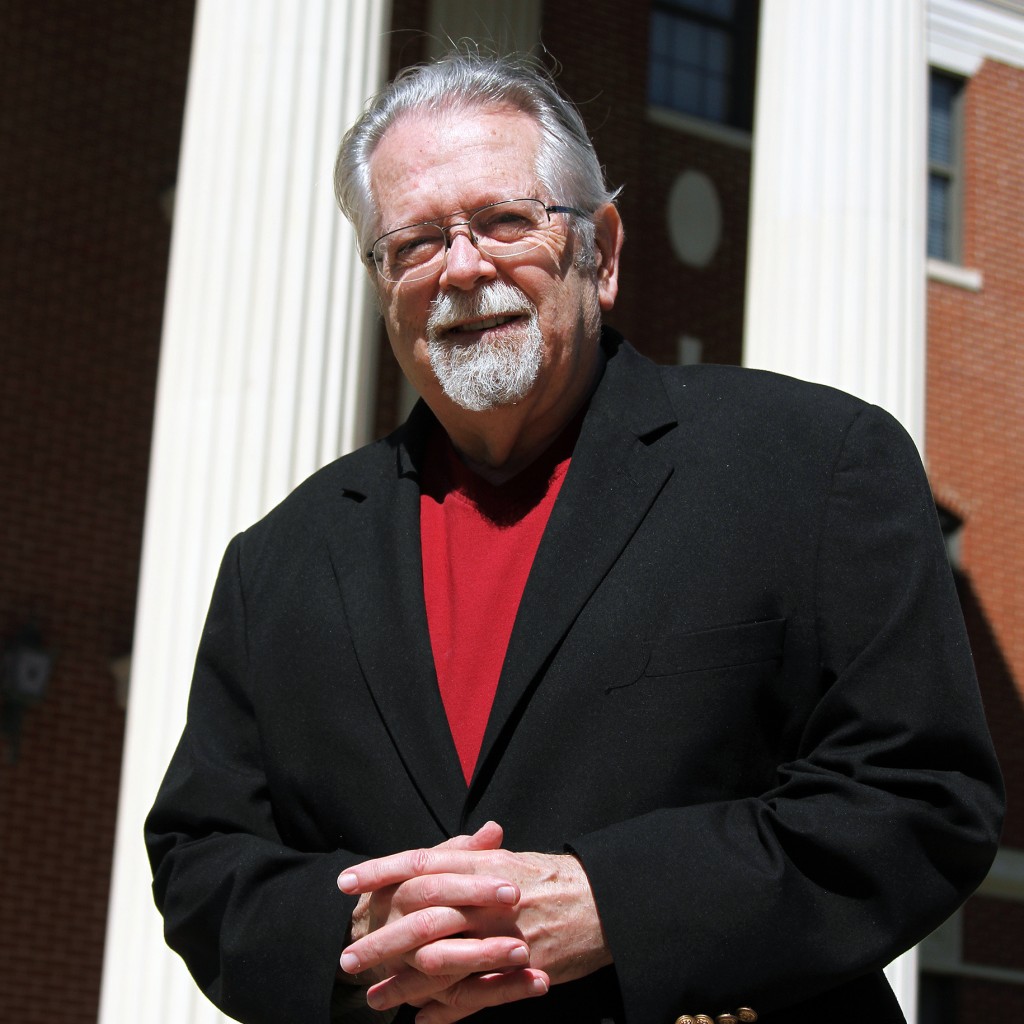By Jeff Brumley
Jews, Catholics and evangelical Christians finished in that order in a “feeling thermometer” poll released recently by the Pew Research Religion and Public Life Project.
Viewed with a cold, or more negative, attitude were atheists while Muslims came in last. Buddhists, Hindus and Mormons were sandwiched in between.
The findings, which were surprising to some more than others, raise interesting questions for the members of each of those religions, and certainly for those evangelical Christians who believe they are increasingly persecuted in a post-Christian, post-church culture.
Baptists interviewed about the survey of 3,217 American adults ranged in opinions of its value, if any. Some said any research asking about feelings should be taken with a grain of salt.
“People are notoriously bad at expressing their feelings, and feelings bring a lot of baggage with them,” said Ronald Crawford, president of the Baptist Theological Seminary at Richmond.
 On the “thermometer” reading, Jews came in at 63 degrees, followed by Catholics at 62 and evangelicals at 61. By comparison, Buddhists were at 53 degrees, Hindus at 50 and Mormons at 48. Atheists and Muslims were at a chilly 41 and 40 degrees, respectively.
On the “thermometer” reading, Jews came in at 63 degrees, followed by Catholics at 62 and evangelicals at 61. By comparison, Buddhists were at 53 degrees, Hindus at 50 and Mormons at 48. Atheists and Muslims were at a chilly 41 and 40 degrees, respectively.
Crawford said the poll may be more valuable in a couple of years when two sets of data can be compared.
“For example, the feelings about Muslims may rise on the feeling thermometer as people learn more about Islam,” Crawford said.
Demographic influences
The Pew data itself reveals several biases among those surveyed, many of whom are members of the traditions listed. It said that Catholics accounted for 20 percent of the survey sample, and evangelical/born-again Christians 32 percent. Both of those groups rated themselves highly (in the 80s, temperature-wise) and also gave high marks to Jews (in the 60s).
In terms of age, older Americans feel stronger about Christians and Jews while younger people view other faiths, including Buddhists, Hindus and Muslims, more favorably.
Data on other demographics, including race and political affiliation, was also provided. Evangelicals were rated much higher by Republicans (71 degrees) than Democrats (53 degrees).
But taken as a whole, the findings resulted in an overall warm feeling for evangelicals that did not surprise several Baptist Christians – though for different reasons.
‘Animosity toward Christians’
Floridian Troy Dixon said he’s heard conservative Christians complain about how they’re viewed in society, but he’s rarely encountered that negativity himself. That’s why the Pew Thermometer poll didn’t really surprise him.
“I encounter apathy toward the church, but I don’t encounter much hostility toward it,” said Dixon, pastor of Normandy Park Baptist Church, a Southern Baptist congregation in Jacksonville.
 Unchurched Americans are tiring of the “cultural Christianity” that simply adheres to the norms of society, Dixon said. Instead, they’re hungry for a faith that provides an experience of the “authentic, living gospel” and in which they feel “loved on.”
Unchurched Americans are tiring of the “cultural Christianity” that simply adheres to the norms of society, Dixon said. Instead, they’re hungry for a faith that provides an experience of the “authentic, living gospel” and in which they feel “loved on.”
That may be the perspective that informed the Pew research, he said. But there are some who will have a hard time accepting the high ranking evangelicals are given in the survey.
“A segment will not believe it because they feel there is animosity toward Christians and toward evangelical Christianity,” Dixon said.
‘Good experiences with Christians’
The poll findings suggest that some in society are rejecting the negative portrayal of Christians in the media, said Luke Smith, pastor of Linden Heights Baptist Church in Staunton, Va.
“A lot of media sources cover more of the scandalous than the praiseworthy,” Smith said. “A lot of people aren’t persuaded by that coverage.”
 The positive view many have of evangelicals results from those Christians and churches who live virtuously and promote values such as self-control and justice, he said.
The positive view many have of evangelicals results from those Christians and churches who live virtuously and promote values such as self-control and justice, he said.
That way of life is noticed by others who are in turn inspired by the example being set by some Christians.
“It generates good feeling” toward evangelicals, Smith added. “A lot of people are having good experiences with Christians.”
‘Live and let live’
But the popularity of born-again Christians likely has less to do with morality and more to do with worship and generational issues, scholars said.
“We cannot reduce ethics and morality down to a few sexual issues, such as abortion or homosexuality,” said J. Gordon Melton, distinguished professor of American religious history at Baylor University.
However, the rising popularity of evangelical Christians on display in the Pew poll may in part be generated by their penchant for providing lively worship services, he said.
 “They have put much more time and effort to make worship a meaningful experience,” Melton said.
“They have put much more time and effort to make worship a meaningful experience,” Melton said.
Then there is the influence younger evangelicals are having on their faith and its perception, Crawford said.
Younger evangelicals are expressing a more live-and-let-live attitude toward current social issues, including gay marriage.
That is one reason the face of evangelicalism is changing, Crawford said.
“The definition of what is an evangelical is changing,” Crawford said. “In this survey, evangelicals got a bump up because young people make them more palatable to a larger segment of American society.”
